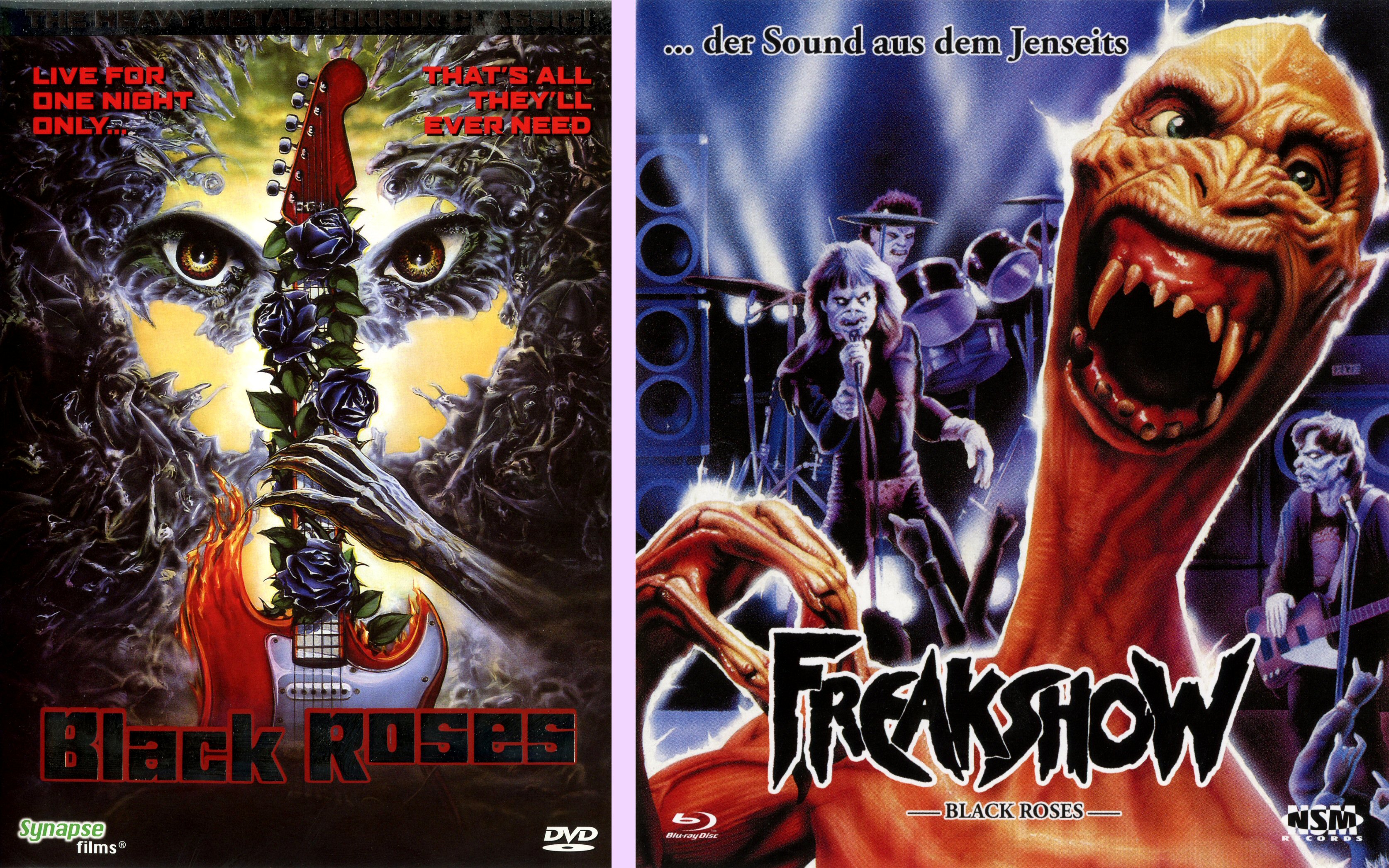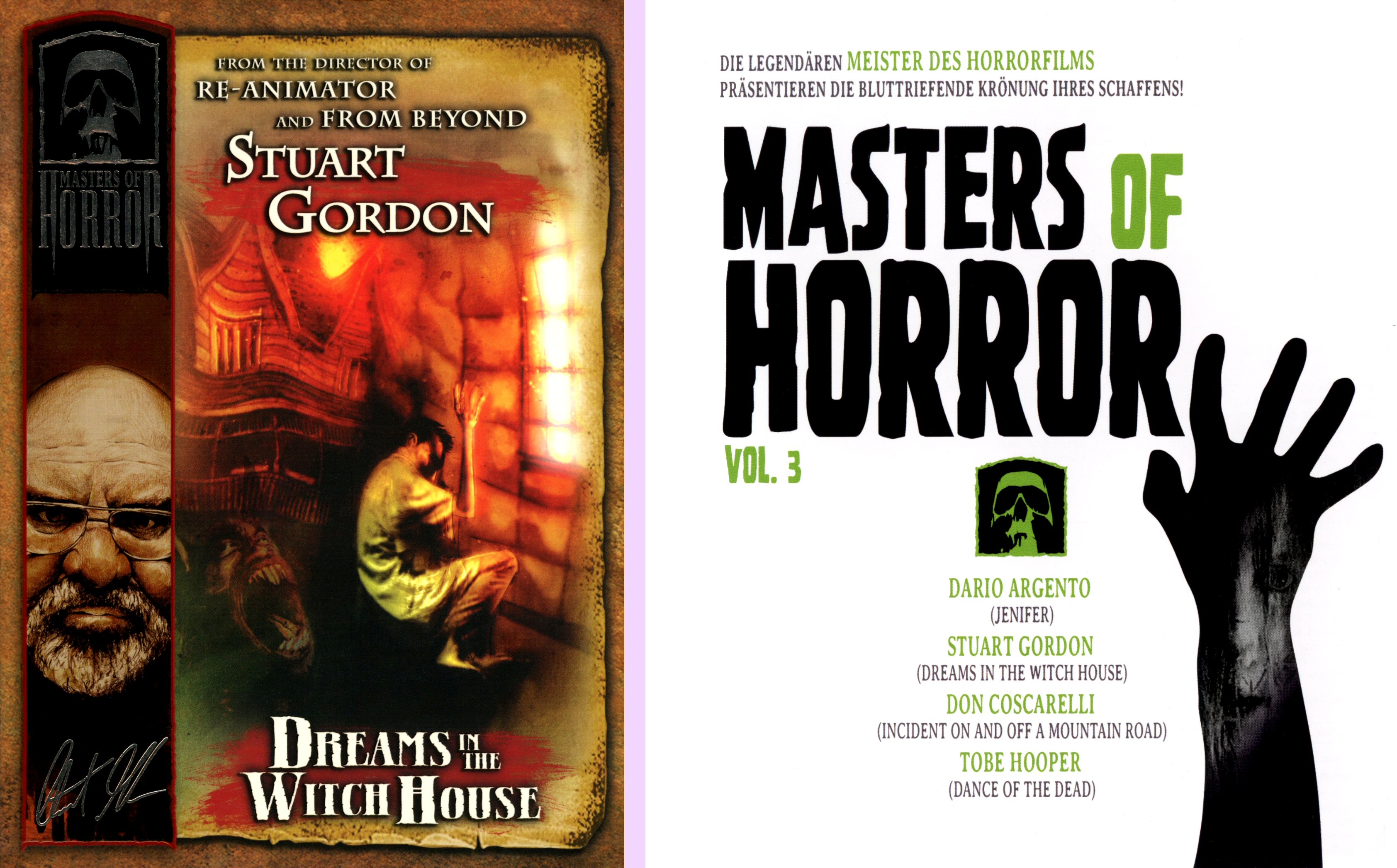This is one of those posts I made this site for. The case has been frustrating sci-fi lovers and DVD collectors for almost fifteen years now. That's when we were first told about the restoration done on
Nigel Kneale's BBC adaptation of
George Orwell's
Nineteen Eighty-Four for a pending release from DD Home Entertainment. It's a twisting, depressing tale that so far has ended in nothing, but I still remain hopeful, for reasons I'll get into. This isn't really about the particular stop-gap grey market DVD release I've settled for in the meantime, pictured above, but I'll tell you everything you could want to know about that, too.
Update 1/28/19 - 4/19/22: Ha! I lived to see it after all. The BFI has released their restoration as a special edition BD/ DVD combo.
Like all the BBC productions from that time, 1954's
Nineteen Eighty-Four - or for convenience's sake,
1984 - aired live. And thankfully, unlike many of those productions, it was recorded and preserved.
1984 was produced and directed by
Rudolph Cartier, the maverick visionary who also made all of Kneale's original
Quatermass serials along with other noteworthy works including his lost horror classic
The Creature (remade as Hammer's
Abominable Snowman, also starring
Peter Cushing) and an adaptation of
Wuthering Heights. Unlike such classical adaptations as
Wuthering Heights, however, it's worth noting that Orwell's novel was a contemporary work, having been published in 1949. So this was quite possibly the first time viewers were seeing
1984 on screen, and it was rather controversial at the time, though it's all suggestion and quite tame by today's standards.
While this is far from his first acting gig, this is the film that really put Peter Cushing, who plays the lead character Winston Smith, on the map, because it was this production that led Hammer to pursue him for their movies. And even having seen subsequent adaptations of
1984, it's hard to imagine anyone performing the role on the level of Cushing. He shares the screen with some impressive co-stars, too, including
Donald Pleasance as his confidant Syme and
Andre Morell, who'd go on to play the title role in Kneale and Cartier's
Quatermass & the Pit. With a smart and faithful script and top shelf performances, this still holds up as the definitive
Nineteen Eighty-Four to this day. Though, having re-watched it recently, I have to say I was surprised how closely the 1984 film of
1984 held to Kneale's adaptation. It's certainly got the showier production values, and
William Hurt's
a great actor. But there's something more oppressive about the plain,
gray walls of the BBC original. And anyway, their version of the scene where Winston fixes the sink for the local party children doesn't hold a candle to the wild 1954 production.
So what happened to that restoration? Listings for the DVD went up on all major retailers' sites in the summer of 2004, soon followed by a very exciting press release. Like
Quatermass & the Pit (again, this was all standard for BBC programs of the time) the live performance made use of 35mm film inserts, and
DD's press release described making fresh scans of the original negatives to insert them into the best quality telerecording they could muster, describing the results of their work as, "even better than when it was first transmitted." I can still vividly remember, and just tracked down,
the original MHVF forum post where I read that the release was being delayed, if not out-right cancelled, because Orwell's estate didn't want it conflicting with a concurrent DVD release of the 1984 Hollywood version.

But okay, fine. A delay is annoying, but if you've ever been excited by an announcement for a Synapse Films release, you've learned to cope with long waits. Of course, eighteen years is another matter. But there were more developments in the meantime, stringing the faithful along. First, in 2007,
Koch Vision announced a US release. That quietly disappeared, too. Then, in 2014, The BFI
announced their own release [scroll down], and again, it was
listed on retailers' sites with a new cover (wrongly proclaiming it to be "directed by Nigel Kneale") and everything. That was pulled, too, apparently for roughly the same reason: the Orwell estate only wants the one version on the market. I hope it doesn't escape them that they were crushing important art and, in some small way at least, emulating the authority figures George was warning us about in the first place.
So, in the meantime, I got this grey market DVD from A2ZCDS. I hesitate to call it a bootleg, since it's openly sold through major retailers, and is a legitimately pressed disc with a UPC, etc. But you know, it's like all of those cheapo releases that put out "public domain" titles where the title isn't really in the public domain, so much as nobody seems to be actively defending it. And there are a number of such unauthorized releases of the 1954
1984, but I picked this one because it seemed a little more respectable... I knew there'd be no such thing as a high quality release, but I could at least hope for no ugly watermarks or interlacing. And because, despite saying "1 DVD" clearly on the back of the case, and not mentioning it anywhere at all, this is actually a 2-disc set with the 1956 American adaptation of
1984 included as well.
 |
| The 1956 version. |
This version of
1984 is okay, but falls short of both the 1954 and 1984 versions. Kneale himself has been very critical of it, for example
here's an interview where he calls it "a horrible bit of work." It's filmed like a proper movie though, with more detailed sets and varied camera set-ups, as it's not a live production being recorded in studio. On the other hand, it's a bit clunky and heavy-handed (apparently funded by the CIA for propaganda purposes!), focusing more on the love story, while
Edmond O'Brien fails to deliver the relatable power that Cushing or Hurt bring to the role. It's a novel coincidence that Donald Pleasance turns up in sort of the same role in this version as well; and despite coming up shorter than its competition, it's still worth the watch.
But now let's get back to the version we're genuinely excited about, because the aforementioned meantime has passed. The BFI has not only
announced, but fully gone through with a brand new, attractively
restored Blu-ray/ DVD special edition combo pack, and my copy has just
landed in America!
 |
1) A2ZCDS 2009 DVD (film); 2) BFI 2022 DVD (film); 3) BFI 2022 BD (film);
4) A2ZCDS 2009 DVD (live); 5) BFI 2022 DVD (live); 6) BFI 2022 BD (live). |

So yes, A2ZCDS's image looks lost in a soft, swampy grey mist. But I was at least happy this edition is free of interlacing and watermarks. Now, however, I'm delighted to move beyond it. The 35mm sequences look amazing, as expected, but even the live footage is surprisingly clearer than anything we'd seen before. The BFI's AR is actually slightly narrower: 1.32:1 as opposed to A2ZCDS's 1.33; but BFI pulls back to reveal more image, especially in the filmed sequences, where the distinction is substantial. The wax paper look of the old DVD (and every other PD version I've seen online) is gone and forgotten, replaced with a natural, filmic look (as the booklet explains, the live broadcast footage was telerecorded onto 35mm footage back in the 50s). Despite how much sharper (you can actually read the signs!) the
filmed sequence compared above is, the particular outdoor foggy shot I've chosen might obscure just how bold and clear the filmed
scenes now are, so here's another screenshot:

Wow, huh? The only slight
drawback, I suppose, is that now the difference between the filmed and
live footage is obvious, and you'll be conscious of the change every time it switches between them. But it's still not too distracting,
especially for anyone familiar with British television and used to seeing
the image shift in every episode of
Fawlty Towers or
Upstairs Downstairs.
In the booklet, the BFI mentions that they considered leaving the filmed segments
with their dupey degraded look to blend the seams; but they made the
right choice, to make this look as clear and impressive as possible.
All of the discs present the original track in mono, of course, but the BFI have cleaned it up, removing the hiss and other flaws that plagued past editions, in LPCM on the blu. They've also added optional English subtitles, which of course the old A2ZCDS lacked.
Of course there are no special
features on the A2ZCDS, though they do slap on two cheesy, animated
commercials for their DVD line on each disc. But the BFI have added a
lot, starting with an original warning the BBC aired before the
broadcast "suggesting, perhaps, you might not want some members of your
family circle to watch this piece." And I wrote in the first draft in
my post, "If BFI's edition ever were
to see the light of day, one hopes they might include things like the
BBC special from the 1960s that reunited the cast of the original
1984,
or the rare 1965 BBC version that actually re-used Kneale's original
1954 script." Well, that special is here, though not the 1965 version -
perhaps they're saving the latter for a separate release. But the
special is a great treasure, giving us interviews with all the major
players, none of whom are with us now to make new special features.
So
yes, that means all the other new extras are left to experts. That includes
an audio commentary, a featurette, and a filmed lecture about Nigel
Kneale. The best of these is the featurette, where one expert
interviews another, settling all the rumors about this production,
confirming some and denying others. Yes, a lot of time is devoted to
the show's controversy in all the extras. The commentary and lecture
are also full of great trivia, but they're a bit chatty and repetitive
if you choose to watch everything. The commentary in particular often
touches on issues that the featurette answers conclusively, so some of
it can feel like a waste of time. And the lecture is actually a
slideshow, but we don't get to see the slides they're talking about,
which is annoying. They also spend about half of the time
explaining the plots of Kneale's
Quatermass serials and other
works at length, which isn't terribly useful if you've ever seen
them before. But again, there is plenty of good, unique info to be
found in these, too - including an exciting proposition that one
insider feels there's hope we might one day get to see
Year Of the Sex Olympics in color!
Also included is an image gallery and a 30-page booklet with notes by
Oliver Wake and
David Ryan.
In summation, it's all worth digging through for the serious devotees;
and as one myself, I'm glad to get it all. But casual fans will be
served just fine watching the one featurette and the original television
special. Certainly everyone, however, will want to check out this excellent adaptation in its first worthy and properly licensed home video edition.
























































